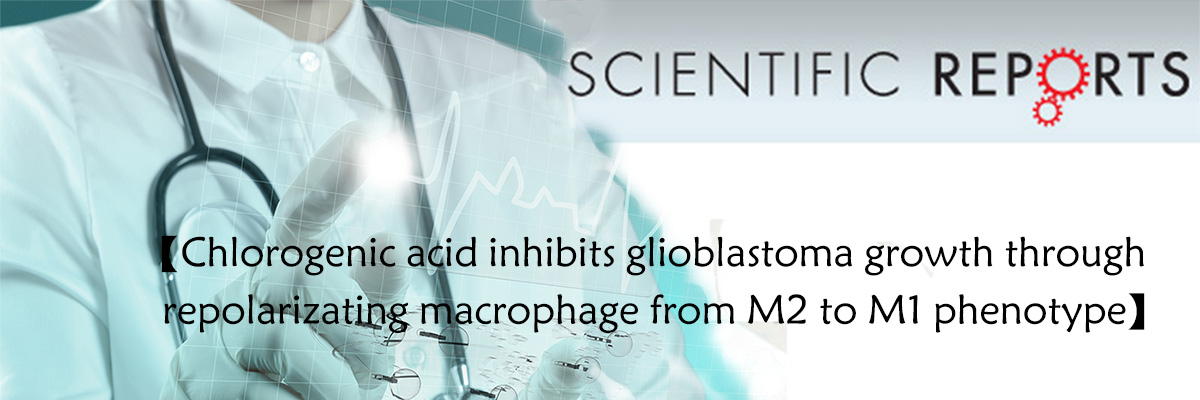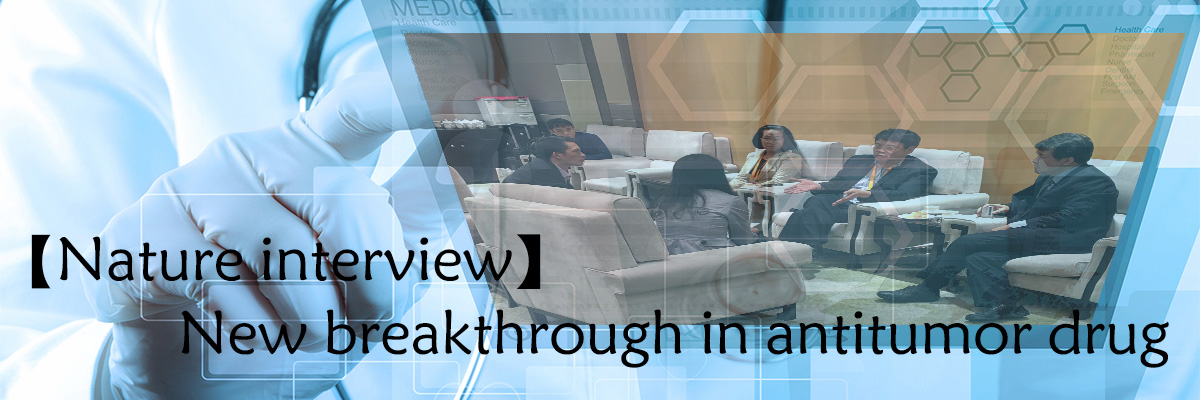[On the afternoon of November 14, A reporter from people.cn made an exclusive interview with Dr. Chen Xiaoguang, a researcher of Institute of Materia Medica, Chinese Academy of Medical Sciences, at the China BioMed Innovation and Investment Conference. The interview content is as follows]
Reporter: Hello everyone, this is the venue of the first China BioMed Innovation and Investment Conference. This is people.cn. We are interviewing Dr. Chen Xiaoguang, the party secretary and researcher of the Institute of Materia Medica, Chinese Academy of Medical Science. Hello, Dr. Chen.
Dr. Chen: Hello! Everyone.
Reporter: We have a few questions for you. Let's come to the antitumor drug first. Since we know that you are mainly engaged in anti-tumor drug research, can you tell us what's the international trend of anti-tumor drug research at present?
Dr. Chen: Antitumor drugs have gone through three courses: at the initial stage, we focused on cytotoxic agents; since the new century, we turned to molecular targeted drug; and now studies (in the medical community) find that the tumor immnuotherapy may significantly extend the survival period of cancer patients and improved their quality of life. So there comes an upsurge in the international medical community. And several monoclonal antibodies have been on the market in deed, which showed very good results among patients with (malignant) tumors. In China, we also closely follow the international trends and advances in research, and some of our drug targets research keep parallel with the international community.
During this conference, I've seen some very good innovative drugs, some of them are original drugs, some are “me-to” and “me-better” drugs. These will bring a good prospect for Chinese patients with cancers. The targets of these drugs are to be studied synchronously with the international community, and some are even leading in the world, for example, the original drug chlorogenic acid, which is a small molecule natural product extracted from plants. Current studies demonstrate that it acts on LAG-3 (biomarker), that is to say, for the targets of immune checkpoint inhibitors similar to PD-1, it relieves the tumor immunosuppression, activates T cells and finally fights against tumors without obvious side effects, thus significantly prolonging the survival period. This drug is under phase I clinical study, targeting at gliomas. This small molecule compound features in its ability to penetrate the blood-brain barrier, therefore it is can improve the quality of life for patients with gliomas, meanwhile, obviously extend the survival period of them.
Reporter: Dr. Chen, is the drug you just mentioned currently under development? If so, does it mean that it will come out in the near future and can be used on patients?
Dr. Chen: Yes, now it is under phase Ⅰ clinical study, and this phase Ⅰ clinical study has been conducted with more than 10 patients, followed by phase Ⅱ and phase Ⅲ clinical trials. Now our national new drug approval system has been greatly improved to some extent, and as learned from some developed countries, the speed of drug approval is also accelerating. In addition, when approving for clinical trials, the approval can made from phase I to phase III as a whole, which saves a lot of time and accelerates the development of tumor drugs. I think it will be approved for commercial use and become available to the majority of cancer patients soon.
Reporter: Dr. Chen, the drug you just mentioned may be a blessing for patients and give them hope. We would like to know, at the current stage, which therapeutic drugs are still clinically lacking for cancers?
Dr. Chen: In fact, due to a variety of tumors, different organ sources tumorsare strongly heterogeneous, which means that they have strong molecular targeting action. Especially the three major tumors in China -- lung cancer, liver cancer and stomach cancer, some drugs for lung cancer have become available in the market. However, for the highly frequent tumors like gastric cancer and liver cancer in China, few drugs are available. Thus in fact for Chinese people, more drugs targeted at gastric cancer and liver cancer with high tumor spectrum shall be developed. Molecular targeted drugs can realize this purpose. However, the spectrum of tumor immunotherapeutic agents is wider and more effective.
Reporter: As you have just said, there may be a gap between our R&D level and the international level, and some drugs D & Rs have not been conducted. I would like to ask you, as an industry representative, to introduce what policy support or help will be needed in the current innovation drug development
Dr. Chen: our country has improved and refined some policies and regulations on drug approval in recent years, but there are still some imperfections compared with developed countries, for example, the speed of new drug approval is far than enough. For example, when approving the Investigational New Drug (IND) in the United States, as long as the manufacturer applies for IND, it can go to the clinic if no other answer received within one month. However, in China, the IND is still subject to an approval system. Our application will take, if not one year, at least ten months, which is quite different from that in the United States. What's more, it’s our patent period for new drug. In the United States or the European Union, their patent period for new drug deducts the clinical stage (patent compensation policy, i.e. the clinical trial phase is not included in the patent period; of course, the United States and the European Union follow different calculation methods), so it enjoys a favorable policy in these countries. Since a compound's substance patent is only 20 years from its application to expiration and candidate drugs may take about 10 years from the discovery to the clinical application, the available time after it comes on the market is relatively short, and some drugs may be only left with 3 to 5 years patented. However, in the United States and the European Union, the time of clinical trials will be added to the patent period when it comes on the market. With this preferential policy of patent period compensation, enterprises will have more motives to develop innovative drugs. On the other hand, European countries and the United States have launched a “Marketing Authorization Holder” policy, which also encourages individuals to develop a new drug. This also makes a difference.
Reporter: Thank you very much for your comments for the entire industry.
Dr. Chen: Thank you.







